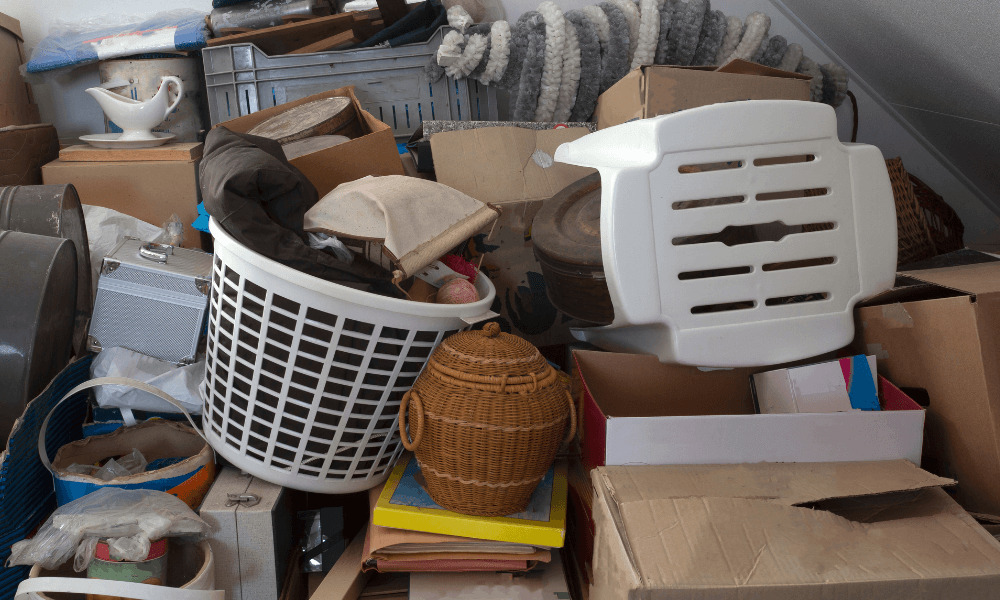 Article
Article
How can social workers help with chronic hoarding problems?
Many people have treasured possessions. For some, antiques are their thing, and others might go for sports, or music memorabilia. These collections are often carefully stored, catalogued and accessible – easy to find and enjoy.
Problems arise when the tendency to collect, or acquire becomes a compulsion. It’s not entirely clear why a person might begin to hoard, but studies suggest an overall prevalence among adults of around 2.5%.
Mobility or physical limitations can mean people are unable to tidy, sort and discard unwanted clutter. Dementia or learning disabilities can restrict a person’s ability to recognise the things they actually want or need rather than those with little or no value. Mental health problems such as depression, psychotic disorders or obsessive compulsive disorder (OCD) are also associated with hoarding.
People with a hoarding disorder find it hard to discard possessions, and rarely consider their actual value.
Assessment
In the first instance, social workers may conduct a detailed assessment to understand the individual’s history, mental health, and any underlying causes of hoarding behaviour.
Rapport
It’s important to develop a rapport, and relationship based on trust – hoarding can be linked to complex emotional issues, and empathy is crucial in the therapeutic relationship.
Setting collaborative goals which are realistic and achievable can help an individual to declutter and organise their living space.
One advanced practitioner said:
“I support someone who hoards magazines and newspapers. In the living space, the floor is covered in them, and there are piles of paper in every room. We’ve agreed that when I visit, we can choose five old magazines to get rid of. It’s slow progress, and I’m always conscious of the increased fire risk, but changing this behaviour is not going to be easy. I’ve found that breaking objectives down into manageable tasks is more effective.” Advanced practitioner, Bedfordshire
Intervention and support
Where necessary, social workers might need to address acute concerns related to the hoarding environment. In terms of health and safety, this might mean referring the individual to mental health professionals, for a comprehensive assessment and therapeutic interventions. It might also mean advocating for the individual where housing, financial, or legal assistance is required.
Support networks
Family members, friends, or other support networks can provide additional assistance and emotional support.
Social workers are perfectly placed to access available resources such as hoarding task forces, support groups, and professional organising services who can provide practical assistance.
Establish a plan for ongoing support and follow-up to monitor progress and address any setbacks.
Overcoming chronic hoarding behaviour may take time. It’s important to remember that everyone is different. A personalized, holistic approach is most likely to be effective. Collaboration with other professionals and community resources will usually strengthen any individual’s support system.
Pertemps Social Care works with local authorities right across the UK. We have a range of permanent qualified social worker positions in Luton and with other local authorities.
Contact us now to discuss career development, and to hear about the qualified social worker roles we’re working on.


